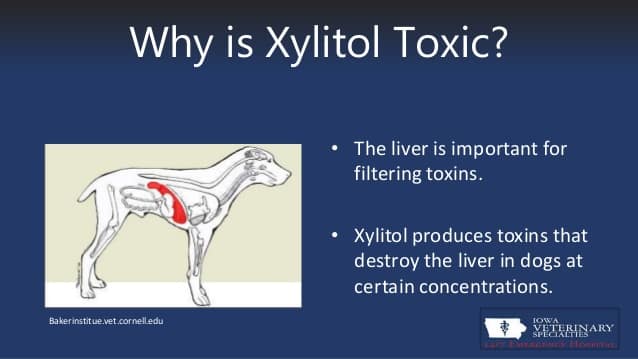
There are several “core” vaccinations that are considered vital for your dog’s health. The “core” vaccinations for dogs include canine distemper, canine parvovirus, canine adenovirus 1 infection and rabies (more on rabies below). The distemper vaccine is given to prevent more than just distemper. That vaccine can protect your pet from a number of serious diseases. Distemper itself is a highly contagious disease with a high death rate. These core vaccinations will also protect your dog from hepatitis, which attacked and damages the liver in dogs.
There are also non-core vaccinations that may be recommended by your vet depending on the age and breed of your dog. Non-core vaccinations include leptospirosis, lyme disease, canine cough complex and canine influenza. In most cases indoor dogs don’t need these vaccinations. The exposure risk of your animal depends on how much time it spends outdoors, your environment and other factors. Lyme disease, for example, used to be limited to the Northeast. Today, deer ticks transmit the disease, so if you have a large number of deer in your area, that vaccine may be right for your dog.
In some cases the state requires some vaccinations for your dog. Most states require at least the rabies vaccination. In Kansas, unfortunately vaccinations, including rabies, are not required. However we still consider at least the core vaccinations a good idea. In Missouri, the laws are a bit trickier. While the rabies vaccination is considered mandatory, the law is left up to each individual municipality. So it may vary from city to city. When you adopt a pet, the shelter should be able to tell you what is required by law where you live.
At one time these shots were recommended yearly, however that is no longer the case. Most vaccinations are good for at least three years. If you recently adopted, or haven’t had your current pet vaccinated, it’s never too late. We would be glad to help administer the vaccinations in an environment that will be calming for your dog. You’ll have peace of mind knowing that you’ve done all you can to protect your pet!
To schedule a vaccination for your dog use our contact form.


